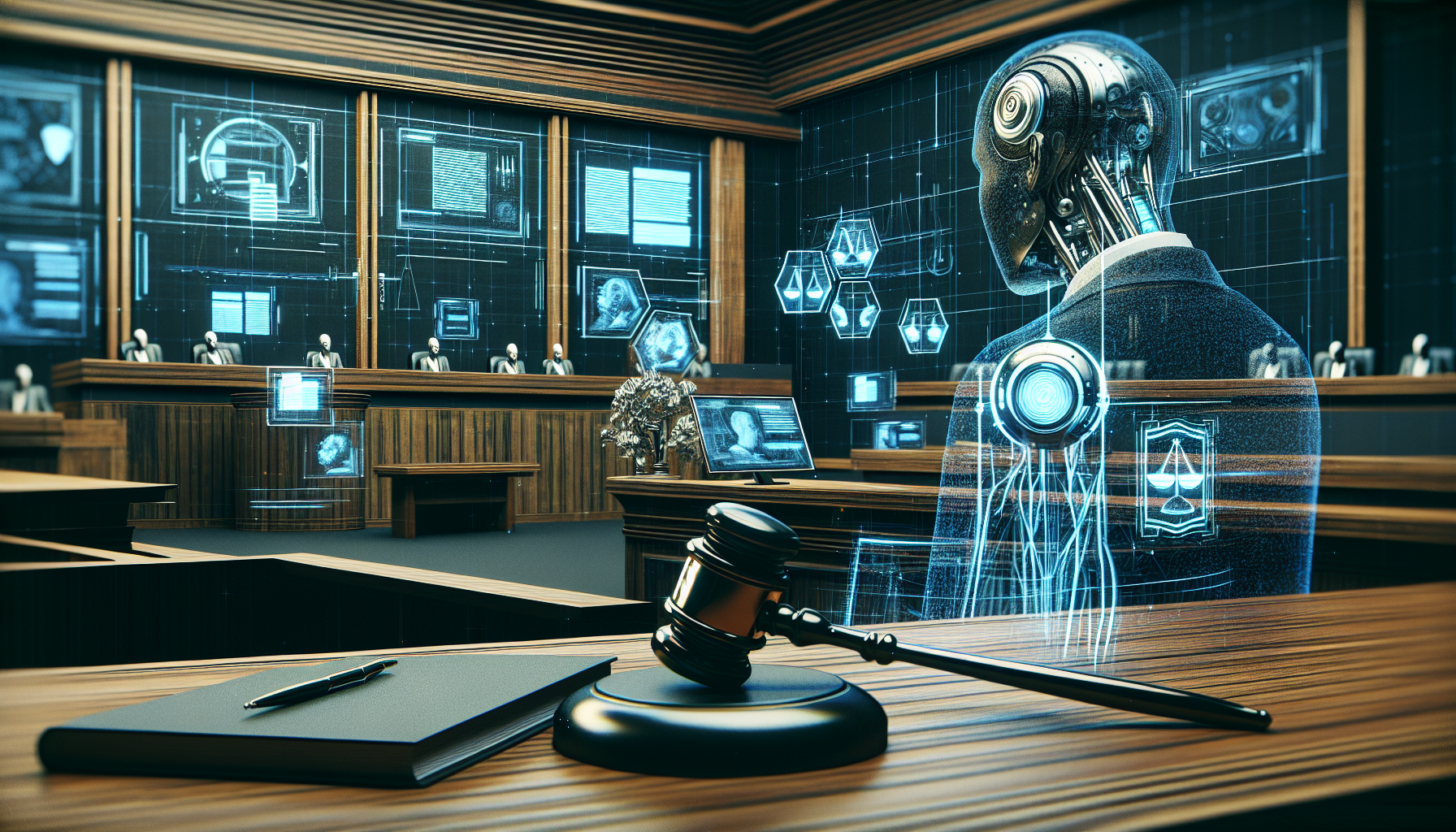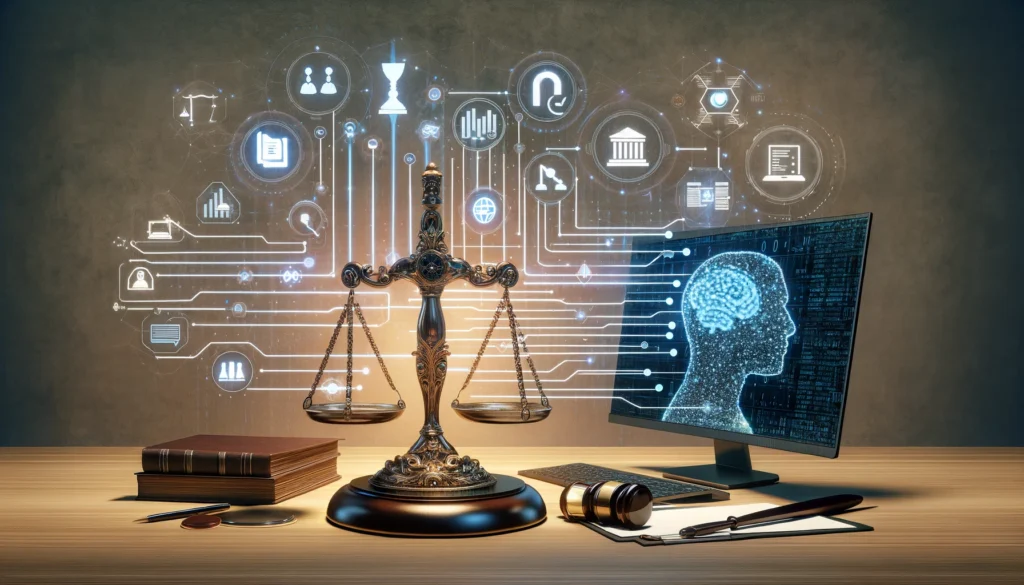
Breaking the Ice – Understanding the Importance of Bylaws and Amendments
Corporate bylaws serve as the foundational document guiding the internal governance of an organization. These rules dictate how the corporation operates, delineates the responsibilities of directors and officers, and establish the procedures for critical activities such as shareholder meetings and decision-making processes. The importance of maintaining current and relevant bylaws cannot be overstated, given that an organization’s structure can evolve with time, necessitating periodic amendments to ensure that bylaws reflect the current operational realities and legal requirements.
However, the process of amending corporate bylaws is fraught with challenges. Paralegals often grapple with the intricacies of legal language, ensuring compliance with jurisdictional requirements, and avoiding conflicts with existing bylaws. These hurdles demand meticulous attention to detail and substantial time investments. Transitioning to a more streamlined process can set the stage for more efficient corporate governance.
Harnessing the Power of ChatGPT in Legal Work
Enter ChatGPT, an advanced artificial intelligence language model developed by OpenAI. Capable of processing and generating human-like text, ChatGPT exemplifies the potential of AI in legal work. Its ability to comprehend and produce complex legal language makes it particularly useful for paralegals engaged in drafting and revising corporate documents.
ChatGPT is transformative for paralegals due to its efficiency and accuracy. It can assist in drafting amendments, identifying inconsistencies, and providing suggestions, thereby significantly reducing the time and effort typically required. As we delve deeper, we’ll explore how to effectively harness this powerful tool.
Crafting Precise Requests – The Art of Effective Prompts
A key to unlocking the full potential of ChatGPT lies in crafting precise and well-structured prompts. The quality of the output largely depends on how detailed and clear the input is. Paralegals must master the art of effective prompting to leverage ChatGPT’s capabilities fully.
Consider the following examples of nuanced prompts:
- General Amendment Request: “Draft an amendment to the corporate bylaws to allow virtual shareholder meetings.”
- Specific Request with Details: “Generate a bylaw amendment to Article III, Section 2, permitting virtual meetings for shareholders with provisions for secure voting and attendance tracking.”
- Revision and Compliance: “Review the current bylaws and suggest amendments to comply with the new state corporate governance law passed in January 2023.”
Effective prompts should include the specific article or section to be amended, the nature of the amendment, and any relevant details or concerns. Refining prompts through iterative adjustments can enhance the accuracy and utility of the responses generated by ChatGPT, ensuring that the output meets the paralegal’s needs and aligns with corporate standards.
Step-by-Step Guide to Amending Bylaws using ChatGPT
Transforming theoretical knowledge into practical application involves a series of methodical steps. Here’s a detailed guide on how paralegals can leverage ChatGPT to amend corporate bylaws effectively.
- Initial Draft:
Start by prompting ChatGPT to create a draft amendment. An initial prompt can be: “Draft a proposed amendment to Article V, Section 4, to increase the quorum requirement from 30% to 50% of shareholders present.” Review the output for clarity and comprehensiveness.
- Identifying and Correcting Inconsistencies:
Inconsistencies in legal language or structure can undermine the integrity of an amendment. Use ChatGPT to identify potential issues by requesting: “Review the proposed amendment for any inconsistencies with the existing bylaws and provide suggestions for improvement.”
- Ensuring Compliance:
Corporate bylaw amendments must align with applicable legal and corporate standards. An iterative approach can be beneficial. Prompt ChatGPT with: “Ensure that the proposed amendment complies with Delaware General Corporation Law and our corporate governance policies.” Reiterate as needed to fine-tune the proposal.
- Conflict Check:
To prevent conflicts with existing bylaws, request: “Analyze the proposed amendment for conflicts with other sections of the bylaws or established corporate practices.”
This systematic approach utilizing ChatGPT can streamline the process, making bylaw amendments more efficient and accurate.
Beyond the Basics – Advanced Techniques for Paralegals
For more complex scenarios or unique bylaw amendments, ChatGPT can be employed in advanced ways. Paralegals can utilize ChatGPT for in-depth legal research or cross-referencing corporate documents.
- Complex Scenarios: When dealing with intricate bylaw amendments, prompt ChatGPT with detailed scenarios. For instance: “Draft an amendment addressing the succession of power in the event of simultaneous vacancies in the positions of CEO and CFO, considering both state laws and our existing management structure.”
- Legal Research: Use ChatGPT to gather information on specific bylaw implications: “Provide a summary of recent case law pertaining to virtual annual meetings in the context of public corporations.”
- Cross-Referencing: ChatGPT can assist in ensuring consistency across corporate documents. Prompt: “Compare the proposed bylaws amendment regarding quorum requirements with the shareholder agreement and highlight any discrepancies.”
Leveraging these advanced techniques can significantly enhance the quality and thoroughness of bylaw amendments, ensuring they are robust and legally sound.
Staying Ethical and Confidential – Ensuring Data Security with AI
While ChatGPT offers considerable benefits, it is essential to consider ethical implications and data security. Paralegals must adopt best practices to maintain client confidentiality when using AI tools.
Firstly, anonymize any client-specific data before inputting it into ChatGPT prompts. Secondly, ensure that AI usage complies with your firm’s privacy policies and any relevant legal requirements. Additionally, it’s prudent to use AI-generated text as a starting point, subject to thorough review and validation by legal professionals.
By adhering to these practices, paralegals can confidently leverage ChatGPT while upholding ethical and confidentiality standards.
Conclusion – Embracing AI for a Smarter Workflow
Incorporating ChatGPT into the workflow of amending corporate bylaws can lead to substantial time savings and improved accuracy. The benefits of using ChatGPT extend from crafting initial drafts to conducting advanced legal research and ensuring document consistency.
Paralegals are encouraged to embrace this technology, integrating it into their routine tasks to enhance efficiency and productivity. As AI continues to develop, the possibilities for its application in legal processes will expand, promising even greater advancements in the future.
Ultimately, leveraging AI tools like ChatGPT represents a significant stride towards smarter, more effective legal workflows, laying the groundwork for continued innovation in the legal field.


